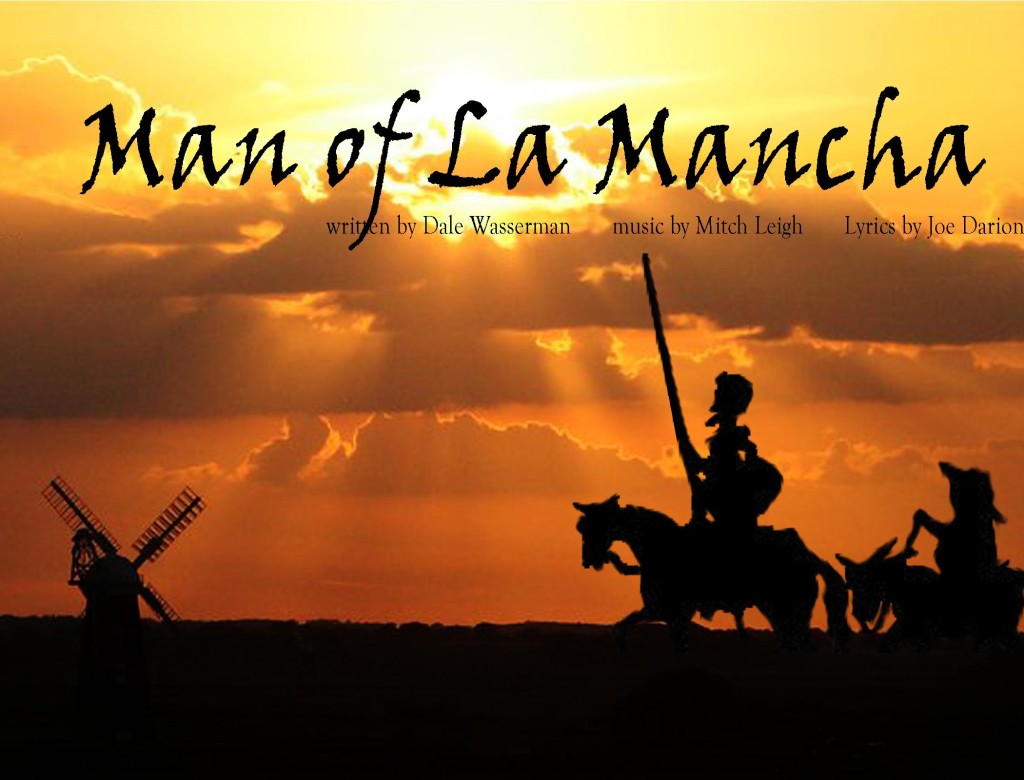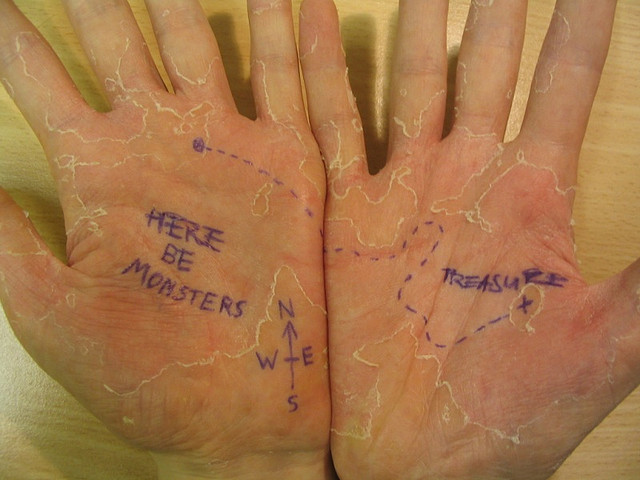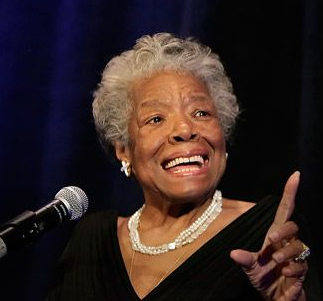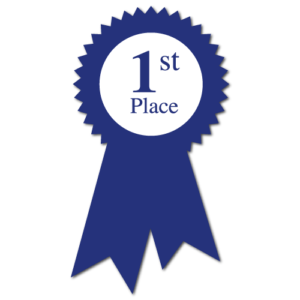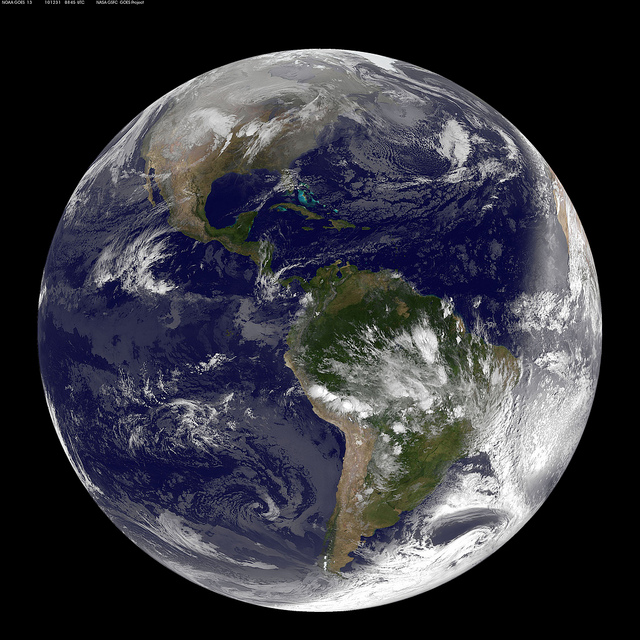“Before picking up the phone, pause for a moment and think about the purpose of the call.”
—Author Unknown

Image from Unsplash
How many business meetings do you attend on a daily basis? If you gave each a grade of A, B, or C, or rated them from 1-10 with 10 being outstanding, how would they score?
If you are like many professionals, dissatisfying meetings can be the bane of your work days. Books and other resources on this topic abound, many of which I encourage you to explore.
Consider, too, that we all have more meetings than we think—we call them phone calls. In many cases, we don’t prepare for them half as well as our sub-optimal face-to-face meetings.
EXERCISE:
Today, and in the weeks ahead, make a microresolution to use the phrase the reason for my call is… and see if the clarity of purpose improves the value and outcomes of your conversations.

